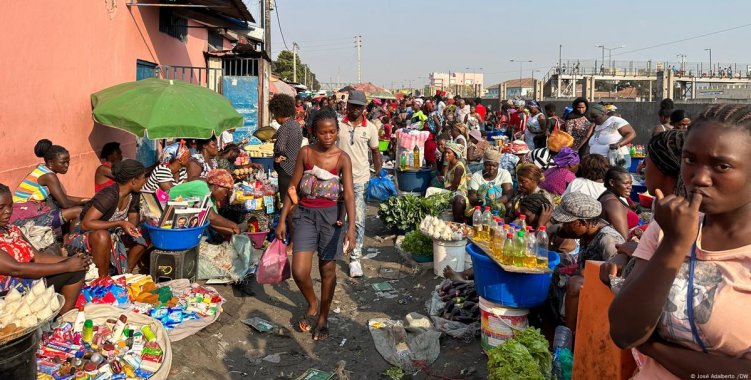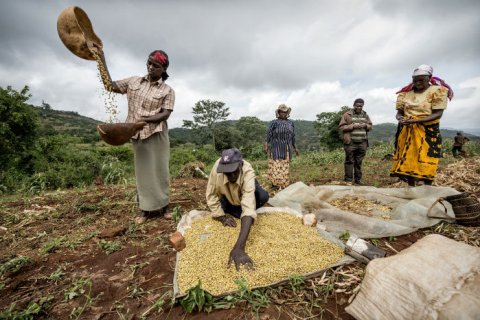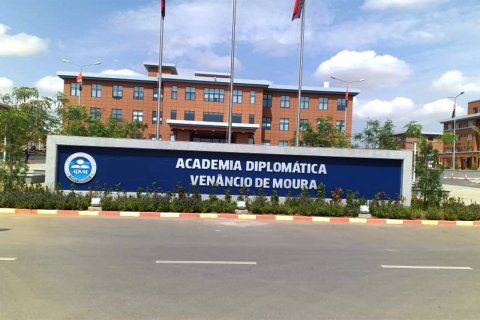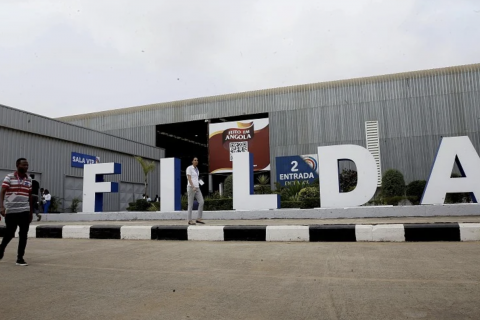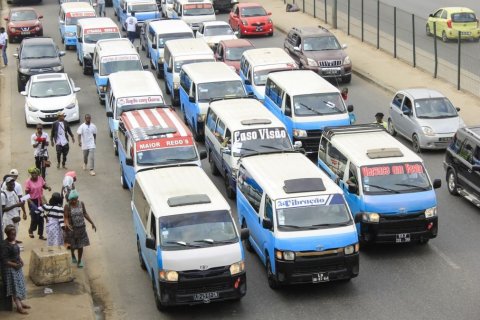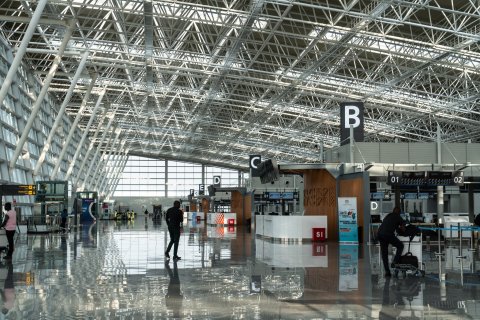The Episcopal Conference of Angola and São Tomé (CEAST), in its Pastoral Message on the 50th Anniversary of Angola's Independence, which Lusa had access to this Monday, welcomes the achievement of independence on November 11, 1975, presents the findings, shadows, and shortcomings that persist in the country, and appeals to political decision-makers.
For the Angolan bishops, Angola's independence was the culmination of a permanent resistance against the Portuguese colonial regime and provided freedom to the children of Angola, resulting in countless benefits in various areas.
Therefore, the moment of independence "did not correspond only to liberation from the colonial yoke. In fact, the people harbored great expectations surrounding independence, which, truth be told, was the work of all Angolans, welcomed and celebrated with great enthusiasm throughout the country," they note.
For CEAST, the achievement of peace in April 2002, at the end of the civil conflict, and the construction and reconstruction of infrastructure destroyed during the armed conflict, including schools, hospitals, roads, bridges, ports, and others, are "lights" that it applauds and is proud of.
It notes, however, aspects that still need to be changed in Angola to ensure social justice and equal opportunities, also highlighting the need for reparations.
"In this context, the jubilee demand for reparations, henceforth, for the omissions and negligence committed, for lost opportunities, for wasted talents, for frustrated expectations, for scorned promises — in short, for everything that was bad and does not make us proud as a nation, is not unreasonable," it emphasizes.
In the 14-page message about Angola's 50th anniversary of independence, to be celebrated on November 11th, the religious leaders also say there are many "shadows and shortcomings that have caused scandalous suffering throughout the fifty years of Angolan independence."
These shadows and shortcomings "must necessarily be overcome for the sake of the long-awaited rebirth of hope, against the frustration and despair that are corroding many (...) fellow citizens."
They point to what they consider the erosion of sovereignty linked to poor border control, combined with the smuggling and purging of minerals, inert materials, fuels, and other resources, poor educational policy, and the lack of quality healthcare in the country and within families as shortcomings.
They also point to poor sanitation and access to drinking water, "the aberrant and alarming misappropriation of public funds, the scandalous expatriation of capital, while poor citizens are asked to make sacrifices, which reveals a lack of patriotism," as "shadows" of an independent Angola.
The Angolan bishops say they observe a "scandalous" logic of opportunism, egocentrism, and discrimination "which are the cause of many social problems, including the high and painful cost of living for the vast majority of citizens, resulting in the discrediting of leaders and institutions and sowing the seeds of an increasingly evident spirit of revolt."
"These empty discourses, neither reflective of nor applicable to the real lives of Angolans, are a contrast when a considerable number of Angolans live in extreme poverty, in contrast to an opportunistic minority that lives in exacerbated luxury (...), a contrast that has driven many Angolans, especially young people, to emigrate or turn to crime," the bishops further state.
They also consider that the multiple forms and practical levels of restrictions on freedom of expression, along with a media outlet, especially public media, that is hamstrung and manipulated by interests with which the vast majority of citizens do not identify, are also among the practices that the country must overcome.
They lament the existence of a "centralized, autocratic, and welfare-based system of governance, which kills citizens' private initiatives" and the "predominantly electoral-driven partisan logic, demonstrating considerable disdain for the people."
They also call for recognition of all the fathers of Angola's independence, namely Holden Roberto (FNLA), Agostinho Neto (MPLA), and Jonas Savimbi (UNITA), then leaders of the Angolan liberation movements, "without disregarding any of them for greater national reconciliation."
"We have no evidence of Angolans wishing to return to the Portuguese colonial regime. We do, however, have countless evidence of Angolans desiring well-being commensurate with the resources and potential of their country, Angola. Only by building a better Angola will we adequately honor the sacrifice of so many people from whom we received the legacy of our independence," the Catholic bishops conclude.

